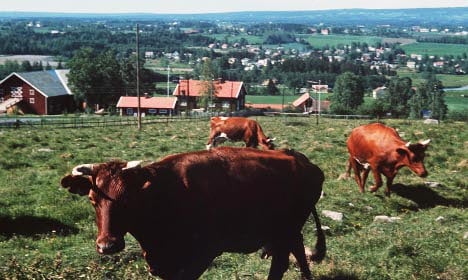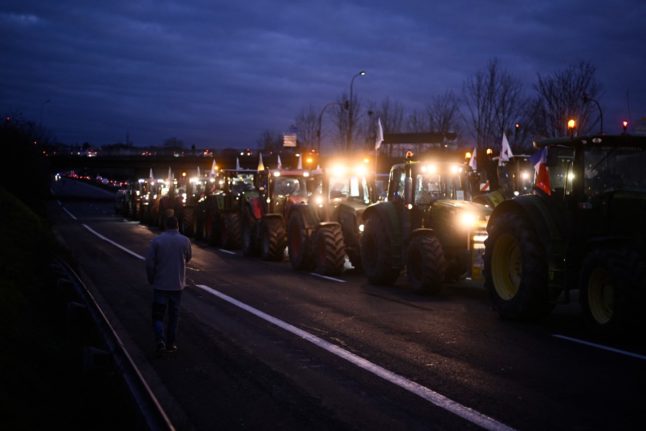FARMING
Norway farmers world’s most subsidised: OECD
Norwegian farmers rake in more in subsidies than those of any other country in the world, with 63 per cent of their income coming from the government, a new study from the OECD has reported.
Published: 20 September 2013 07:23 CEST

Heavily subsidised Norwegian cows - NTB Scanpix
The support farmers in Norway received in 2012 jumped from 59 percent of their income in 2011, as the government sought to offset the impact of a strong currency.
Ken Ash, the Trade and Agriculture Director of the OECD, which groups together 34 of the world's richest countries, called for a reduction in subsidies worldwide.
"The time is ripe for governments to credibly commit to wide-ranging farm support reform," he wrote. "Meeting the needs of a growing and richer world population requires a shift away from the distorting and wasteful policies of the past."
The report, which was published on Wednesday, said that countries such as Norway, which already heavily subsidise farmers, had generally increased subsidies over the last year, while countries with lower subsidies had not.
Agriculture Minister Trygve Slagsvold Vedum defended Norway's system. "If we want food production in our country, this is the way it has to be," he said.
Switzerland had the second largest subsidies, representing 56 percent of farmers' income, in 2012, while Japan had the third largest, making up 55 percent.
Url copied to clipboard!


 Please whitelist us to continue reading.
Please whitelist us to continue reading.
Member comments